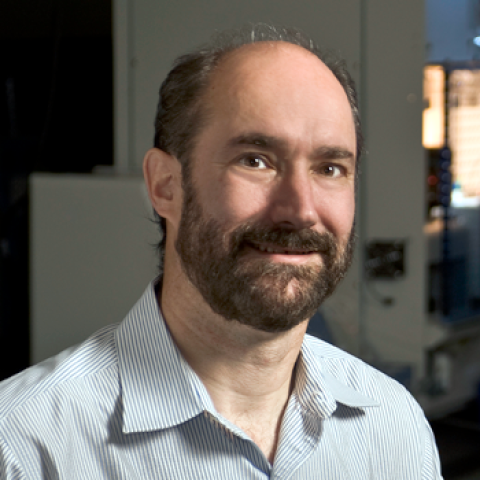Interdisciplinary Initiatives Program Round 8 - 2016
Michael P. Snyder, Genetics
Stephen R. Quake, Bioengineering
While we increasingly appreciate the critical role of the microbiome in human physiology, it remains unclear how specific microbial clades interact with host cells to modulate health and disease. At the interface of host physiology and the microbiome is intestinal mucosal immunity and dendritic cells (DCs), which physically interact with the microbiota by extending projections through the intestinal epithelium to sample lumen bacteria. Upon bacteria contact and internalization, dendritic cells adopt a range of phenotypes that orchestrate diverse and systemic host processes. We propose a single cell sequencing approach that draws upon biological, immunological, and engineering expertise to systematically map how diverse microbial clades determine dendritic cell phenotype. In the method we develop termed “MultiSeq”, we isolate single DCs from mouse and human gut and sequence mammalian mRNA and bacterial 16S rRNA. We also assess single cell proteomics via Proximity Extension Assay (PEA). Data integration of transcriptome, proteome, and bacterial identity in single cells enables us to map dendritic cell inflammatory phenotype to specific microbiota and produce an urgently needed resource for interpreting and modulating microbiota in human health.



